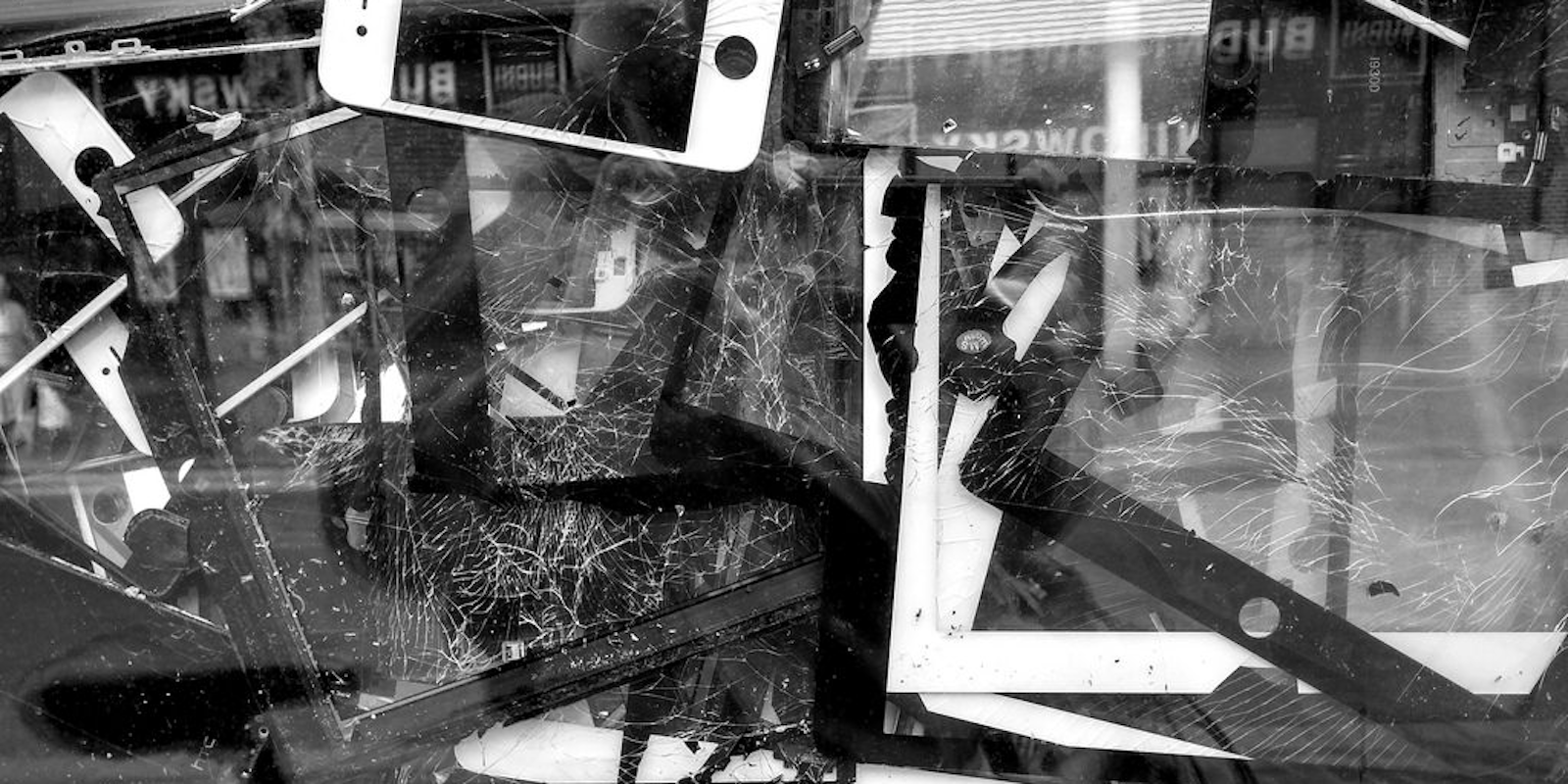E-waste is a tremendous issue in modern society: It makes up 70 percent of America’s toxic waste, and is the fastest growing waste stream in our country, according to the EPA. So when you hear of someone doing something to battle the problem, it has to be a good thing, right? That does not seem to be the case for California e-waste recycler Eric Lundgren, who was recently sentenced to 15 months in prison.
Lundgren is a bit of a pioneer in the e-waste space. He built the first electronic hybrid recycling facility in the U.S., which resuscitates old cellphones and discarded electronics into fully functioning devices. He’s also used e-waste to build his own electric car—a vehicle that reportedly outdistanced a Tesla on a single charge. His e-waste company now handles more than 41 million pounds of electronic waste annually.
Ever enterprising, Lundgren realized there was an opportunity to give life to old computers and turn a profit in the field of “restore disks.” A restore disk is used to restore the Windows operating system to desktop computers after a crash, or if the computer needs to be wiped. Rather than doing so, however, Lundgren realized that many people were just trashing their old computers instead. Lundgren had 28,000 restore disks manufactured and planned to sell them to refurbishment centers for 25 cents each. Unfortunately, by some definitions, what Lundgren was doing was counterfeiting these Windows restore disks.
In 2012, U.S. Customs agents seized and began investigating the shipment. After a Florida broker agreed to buy the shipment for $3,400, both Lundgren and the broker were indicted on charges of conspiracy to traffic in counterfeit goods, as well as criminal copyright infringement. Microsoft got involved in the case as it went to trial, as the company stood to lose profits from the sale of counterfeit operating systems. Eventually, Lundgren’s disks were determined to have a street value of $700,000. Lundgren was sentenced to 15 months in prison and a $50,000 fine.
Microsoft issued a statement to the Washington Post regarding its involvement in the case: “Microsoft actively supports efforts to address e-waste and has worked with responsible e-recyclers to recycle more than 11 million kilograms of e-waste since 2006,” the statement said. “Unlike most e-recyclers, Mr. Lundgren sought out counterfeit software which he disguised as legitimate and sold to other refurbishers. This counterfeit software exposes people who purchase recycled PCs to malware and other forms of cybercrime, which puts their security at risk and ultimately hurts the market for recycled products.”
Lundgren has accepted his sentence but hopes that his case highlights the plight of fighting e-waste in our country.
H/T Washington Post


